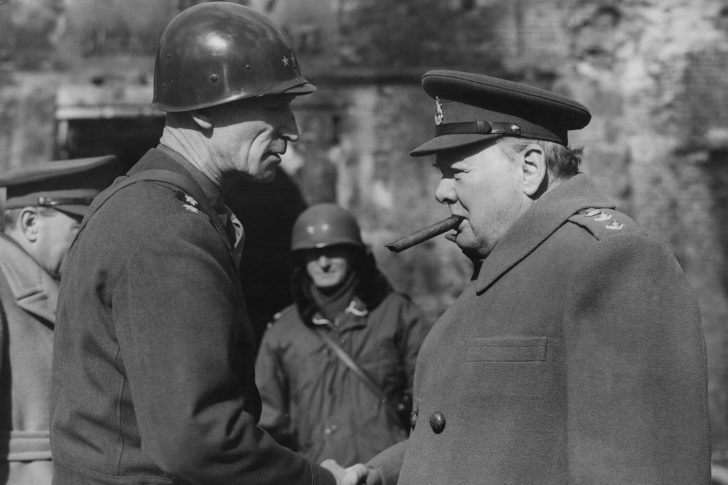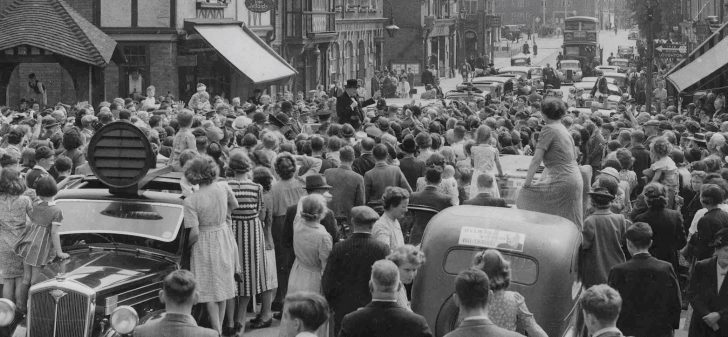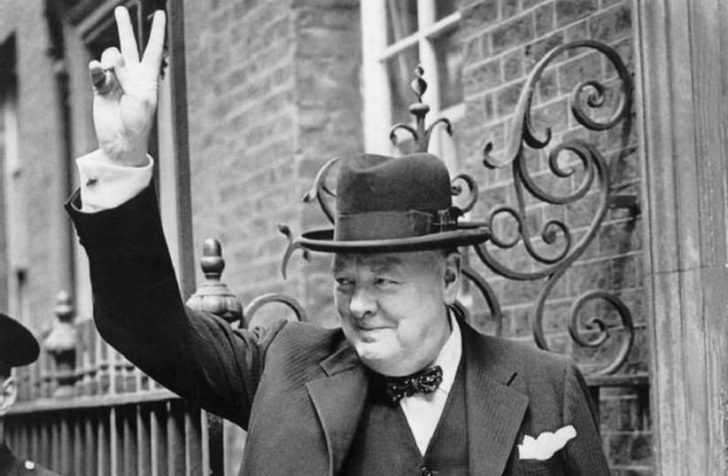Imagine a world where a leader guides his nation through its darkest hour, only to be cast aside when peace prevails. This is not fiction--it is the story of Sir Winston Churchill, whose defeat in the post-WWII election remains one of the most startling events in political history.
To delve into this, we must traverse Churchill’s journey, examine the war's impact, and understand the societal shifts that led to his 1945 electoral defeat.
First, let's set the scene. It is July 26, 1945. The echoes of WWII's horrors are still resounding, but hope is on the horizon. The British public, having endured years of sacrifice and loss, is now voting in the first general election since 1935. This election was not just about choosing a government but deciding the future direction of a war-ravaged nation.

History / Churchill and the rest of the world were expecting a landslide victory in the 1945 General Elections. But the British populace shocked the world ousting the wildly popular British Prime Minister.
Born into an aristocratic family in 1874, Sir Churchill was a figure larger than life. His career was a rollercoaster of triumphs and setbacks. A journalist, soldier, and politician, Churchill was as renowned for his stirring orations as he was notorious for his impulsive decisions.
His ascent to Prime Minister in 1940 came at Britain's most desperate hour. Under his leadership, Britain stood defiant against Nazi Germany, with Churchill’s speeches symbolizing the indomitable spirit of a nation under siege.
The Paradox of Churchill's Popularity
Despite his wartime heroics, Churchill's appeal did not seamlessly translate into peacetime popularity. Post-war Britain was a landscape eager for change. The war had exposed and exacerbated social inequalities, and there was a burgeoning appetite for social reform. People yearned for security in health, employment, and housing - areas where Churchill, seen primarily as a wartime leader, did not focus his campaign.

E News / Post-World War II, Britain was yearning for reforms and changes. And Sir Churchill was dwelling on his wartime achievements.
Clement Attlee, in stark contrast to Churchill, was understated and mild-mannered. However, his party's manifesto struck a chord with the electorate. Promising comprehensive welfare reforms, nationalization of key industries, and the creation of a National Health Service (NHS), Labour aligned perfectly with the public's post-war aspirations.
Campaign Contrasts and Public Perception
Churchill's campaign, focusing on his wartime leadership and anti-socialist rhetoric, seemed out of sync with the domestic priorities of the electorate. His infamous warning about Labour employing a "Gestapo" tactic deeply alienated voters. It painted Churchill, once the savior of Britain, as out of touch with the needs of a peace-yearning society.

GTN / The Labour Party’s Clement Attlee defeated the war hero Churchill in a landslide victory in the 1945 General Elections.
The election result was a political earthquake. Labour won by a landslide, securing a majority that nobody had anticipated. Attlee became Prime Minister, embarking on an ambitious program of social reform that would reshape Britain's social landscape.
Reflections on Churchill's Defeat in the 1945 General Elections
Churchill's loss is a fascinating case study of the volatility of political fortunes. It underscores how quickly public sentiment can shift and how the qualities revered in one era can become redundant in another. However, Churchill’s leadership was invaluable during the war. But it was perceived as too authoritarian for a peacetime Britain eager for social and economic reform.
Plus, the 1945 General Election highlighted the evolving nature of democracy and the power of the electorate to redefine their country’s trajectory. It was a vote for a different kind of future. One that Churchill, for all his wartime heroism, could not promise.



